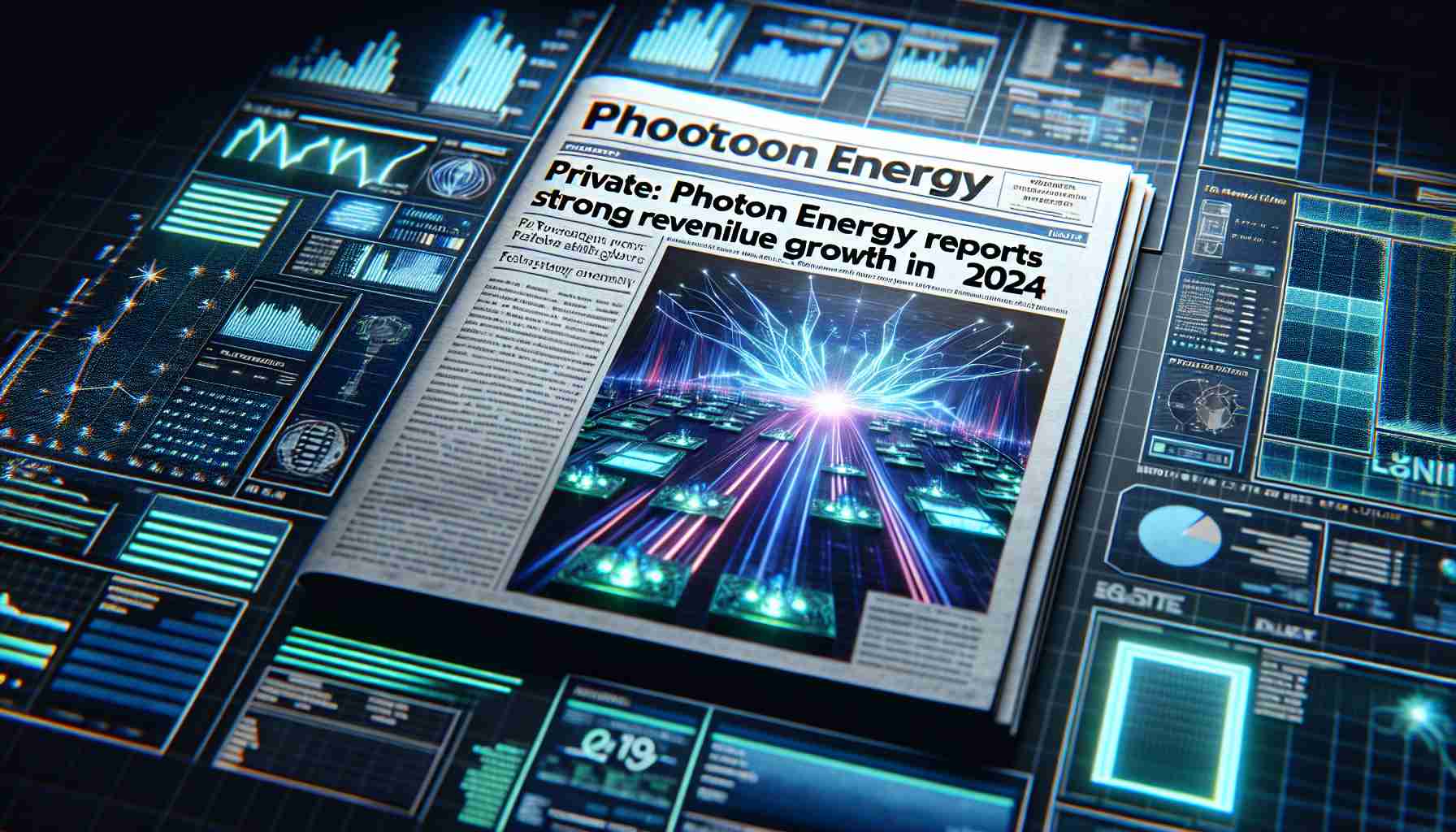A significant development in battery recycling has emerged in Lancaster, Ohio, fueled by substantial government funding and cutting-edge technology. Cirba Solutions, a North Carolina-based company, has expanded its lithium-ion battery recycling facility with the help of an impressive $82 million allocation from the Bipartisan Infrastructure Law, part of a larger $400 million expansion project.
This facility is now equipped with two additional recycling lines capable of handling 15,000 tons annually of a substance known as black mass, which contains essential metals such as lithium, nickel, cobalt, and manganese. These metals are crucial for the efficient operation of lithium-ion batteries. This operation aims to produce enough material to manufacture battery-grade materials for approximately 250,000 electric vehicles each year.
According to industry experts, the shift towards a circular economy is critical during the current energy transition. The metals extracted from used batteries represent an internationally traded commodity, especially as the demand for electric vehicles surges. Recent statistics indicate that during the first quarter of this year, global EV sales increased dramatically, highlighting a growing trend towards cleaner transportation.
As concerns over foreign reliance for critical battery materials rise, domestic recycling initiatives are becoming more vital. By developing robust recycling capabilities, Cirba aims to alleviate issues linked to international sourcing, environmental impact, and human rights abuses in mining operations.
In an exciting future prospect, Cirba Solutions is further investing in battery recycling infrastructure across the country, demonstrating a commitment to sustainability and innovation in the energy sector.
The Impact of Battery Recycling on Communities and Sustainability
The expansion of battery recycling facilities, such as Cirba Solutions’ new plant in Lancaster, Ohio, represents a pivotal moment not just for the local economy but for communities and countries striving toward sustainability. As the world increasingly leans towards electric vehicles (EVs) and renewable energy, the demand for lithium-ion batteries continues to soar. This demand brings with it a pressing need for effective recycling methods that can benefit people, enhance community resilience, and alleviate global supply chain concerns.
Enhancing Community Resilience
The new recycling facility in Lancaster serves a dual purpose: it not only creates jobs within the community but also positions the region as a hub for sustainable technology. As Cirba Solutions expands its operations, it is expected to generate numerous local employment opportunities, which can uplift socioeconomic conditions for residents. Well-paying jobs in green industries often lead to increased spending in local economies, fostering further development.
Additionally, the facility’s operations reflect a commitment to embracing the principles of a circular economy. By recycling batteries and repurposing materials, communities can reduce their carbon footprints while promoting responsible consumption. This shift towards sustainability not only nurtures local environmental initiatives but also educates citizens about the importance of recycling and waste reduction.
The Global Context of Battery Recycling
As the electric vehicle market grows — with global sales reaching unprecedented levels — the necessity for recycling becomes even more critical. The metals extracted from batteries, such as lithium, nickel, and cobalt, are not only essential for manufacturing new batteries but are also valuable commodities in international markets. The dependency on foreign sources of these materials raises concerns about geopolitical risks, environmental degradation, and human rights violations associated with mining activities.
Countries are beginning to recognize the strategic importance of developing domestic recycling capabilities. By reducing reliance on imported materials, nations can create more stable supply chains that contribute to energy security and mitigate risks related to fluctuating global markets.
Controversies and Challenges
While the expansion of battery recycling facilities is promising, it is not without its controversies. Concerns have been raised regarding the environmental impact of battery production itself, which includes resource extraction and pollution. Critics argue that without comprehensive lifecycle assessments and stricter regulations, recycling initiatives might be seen as merely a band-aid solution rather than a true answer to sustainability challenges.
There are also debates regarding the technology and methods employed in recycling processes. Some methods can be energy-intensive or may release harmful byproducts if not managed properly. This underscores the necessity for continued research and development in cleaner recycling technologies to ensure that the process aligns with overall sustainability goals.
In conclusion, the advancement of battery recycling initiatives, as seen through Cirba Solutions in Lancaster, Ohio, is a significant step for communities and global sustainability efforts. By focusing on local job creation, reducing reliance on foreign resources, and committing to environmentally sound practices, societies can harness the benefits of battery recycling while addressing the associated challenges. As we move toward an increasingly electrified future, the importance of responsible recycling and sustainable practices will only continue to grow.
For more information on sustainability and recycling efforts, visit NRDC and World Resources Institute.
The article has been updated: 2024-11-05 16:06
Here are some suggested related links:
1. U.S. Department of Energy – Explore the latest initiatives and research on energy efficiency and battery technologies.
2. Environmental Protection Agency – Learn about regulations and programs aimed at promoting sustainable recycling practices in the U.S.
3. Nuclear Regulatory Commission – Stay informed about regulations that can impact battery recycling operations and safety measures.
4. National Recycling Coalition – Find resources and advocacy efforts focused on recycling advancements and community engagement.
5. Battery Recycling and Life Extension – Discover best practices and innovations in battery life extension and recycling methods.
6. GreenBiz – Get insights on sustainability trends, news, and strategies related to recycling and renewable energy.
7. Waste Management – Engage with a leading waste management company that focuses on recycling solutions, including battery recycling.
8. Clean Skies – Access news and articles about clean technology and sustainable practices, including battery recycling efforts.
9. Energy Innovation and Environmental Review – Explore research and publications focused on energy innovations, including battery recycling technologies.
10. Smart Cities Dive – Read about how innovative recycling approaches, including battery recycling, are shaping smart city initiatives.
The article has been updated: 2024-11-06 03:02
What are the key features of the innovative battery recycling expansion taking place in Ohio?
The innovative battery recycling expansion in Ohio focuses on enhancing the state’s capacity to process used batteries sustainably and efficiently. Key features include the establishment of advanced recycling facilities that utilize cutting-edge technology to extract valuable materials from spent batteries, reducing landfill waste and promoting resource recovery. Additionally, the expansion aims to create local jobs, foster economic growth in the region, and encourage the development of a circular economy. This initiative aligns with broader environmental goals, aiming to minimize the ecological impact of battery production and disposal while supporting the growing demand for renewable energy storage solutions.






















